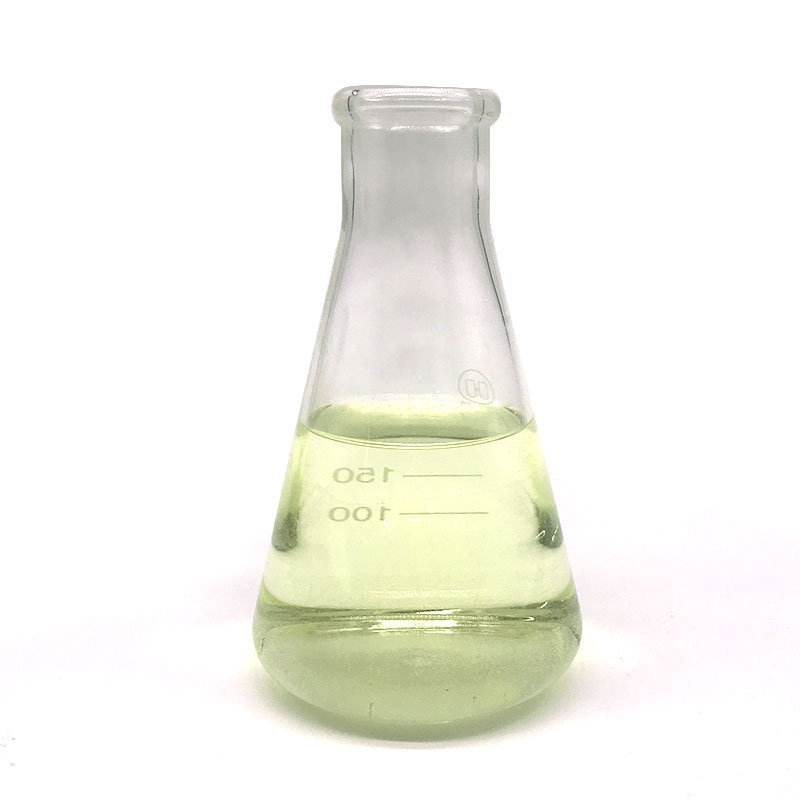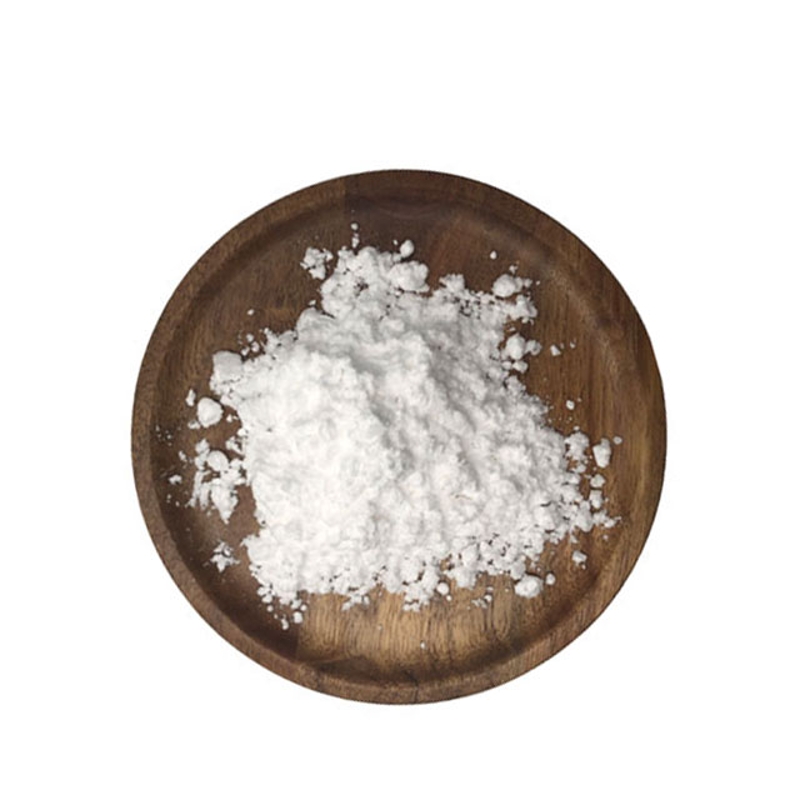Cell today: does immunotherapy work? It's the cancer cell that's got the accomplice
-
Last Update: 2019-11-15
-
Source: Internet
-
Author: User
Search more information of high quality chemicals, good prices and reliable suppliers, visit
www.echemi.com
In 2018, the Nobel Prize in physiology or medicine was awarded to Professor James Allison and Professor Ben Shuyou for their outstanding contributions in the field of cancer immunotherapy Few people know that Professor Alison's wife, Professor padmanee Sharma, is also an excellent scientist in cancer immunotherapy, and the two can be regarded as lifelong partners Photo source: screenshot of Professor Shama's personal Laboratory Today, Professor Shama's research team published important research in the top academic journal Cell, revealing how tumor microenvironment can interfere with the effect of cancer immunotherapy In addition, they have found potential solutions to this problem The importance of cell magazine's special interpretation of this paper can be seen The cause of this study comes from an interesting clinical observation Scientists have found that in patients with castrated resistant prostate cancer, a deadly form of prostate cancer, if the cancer has already metastasized to the bone, the effect of classical immunotherapy is extremely limited Interestingly, if only transferred to soft tissue, the treatment effect of patients is much better Why is that? From the bone marrow of these patients, the researchers took samples for the study In theory, under the effect of immunotherapy, the number of Th1 helper cells should increase dramatically, promoting the activation of CD8 positive immune T cells, so as to attack the tumor This phenomenon has also been reconfirmed in patients who are only in soft tissue However, in patients with bone metastasis, the number of Th17, another helper cell, increased significantly On the contrary, the researchers could hardly see the shadow of Th1 helper cells A special review of this paper was made in cell (photo source: reference [2]) "The key here is the lack of Th1 helper cells." Said Dr Shama She points out that different cytokines determine which types of helper cells will differentiate into The presence of so many Th17 helper cells indicates that there must be a lot of cytokines promoting the differentiation of these cells in the bone of patients So, what is this mysterious cytokine? In the mouse model, the researchers analyzed the levels of 13 different cytokines Among them, a cytokine called TGF - β has a significant increase Interestingly, it has been known before that it can limit the differentiation of Th1 helper cells, and promote the production of Th17 helper cells and regulatory T cells, which are cells that can inhibit the immune system Next, the researchers figured out the underlying mechanism - that under the influence of tumors, a group of cells called osteoclasts would be activated As the name suggests, it "destroys" bone tissue As the saying goes, indestructible, in general, such cells play an important role in the repair and stability of bone tissue But in the presence of tumors, it has become an accomplice of cancer cells ▲ illustration of this study (picture source: reference [1]) There are a lot of TGF - β in bone tissue, and the activated osteoclasts will release them, promote the production of Th17 helper cells and regulatory T cells, and inhibit the differentiation of Th1 helper cells Consistent with this hypothesis, TGF - β levels are similar in healthy people and in patients whose tumors have not yet metastasized to bone Once the tumor is transferred to the bone, the level of TGF - β will soar Even more gratifying, although the classical immunotherapy combination can not inhibit the tumor growth of bone metastasis, we can magically stop the tumor growth in mice as long as additional drugs targeting TGF- β are added ▲ in specific cases, adding drugs for TGF - β can make immunotherapy more effective (picture source: reference [2]) "We thought that all cancers entering stage IV were the same, but they were not the same," said Professor Shama "We need to think about more immune microenvironments of different metastasis sites and take into account the different immune responses of these microenvironments when developing therapies." If we can target different tumor microenvironment, we may be able to further improve the effect of immunotherapy in cancer patients After all, at present, only about 20% of patients can benefit from this Nobel Prize breakthrough, and there is still a long way to go reference material:
This article is an English version of an article which is originally in the Chinese language on echemi.com and is provided for information purposes only.
This website makes no representation or warranty of any kind, either expressed or implied, as to the accuracy, completeness ownership or reliability of
the article or any translations thereof. If you have any concerns or complaints relating to the article, please send an email, providing a detailed
description of the concern or complaint, to
service@echemi.com. A staff member will contact you within 5 working days. Once verified, infringing content
will be removed immediately.







